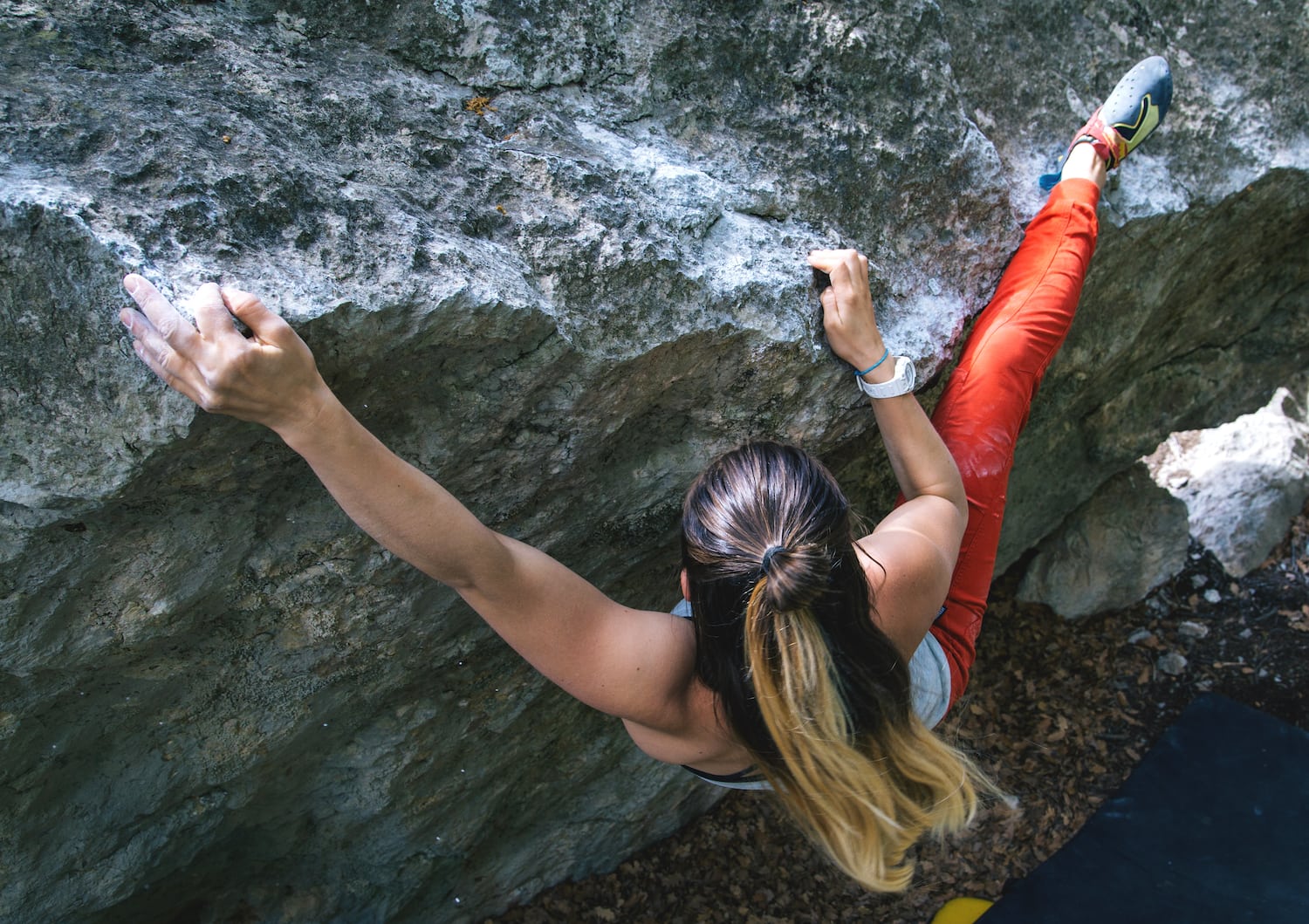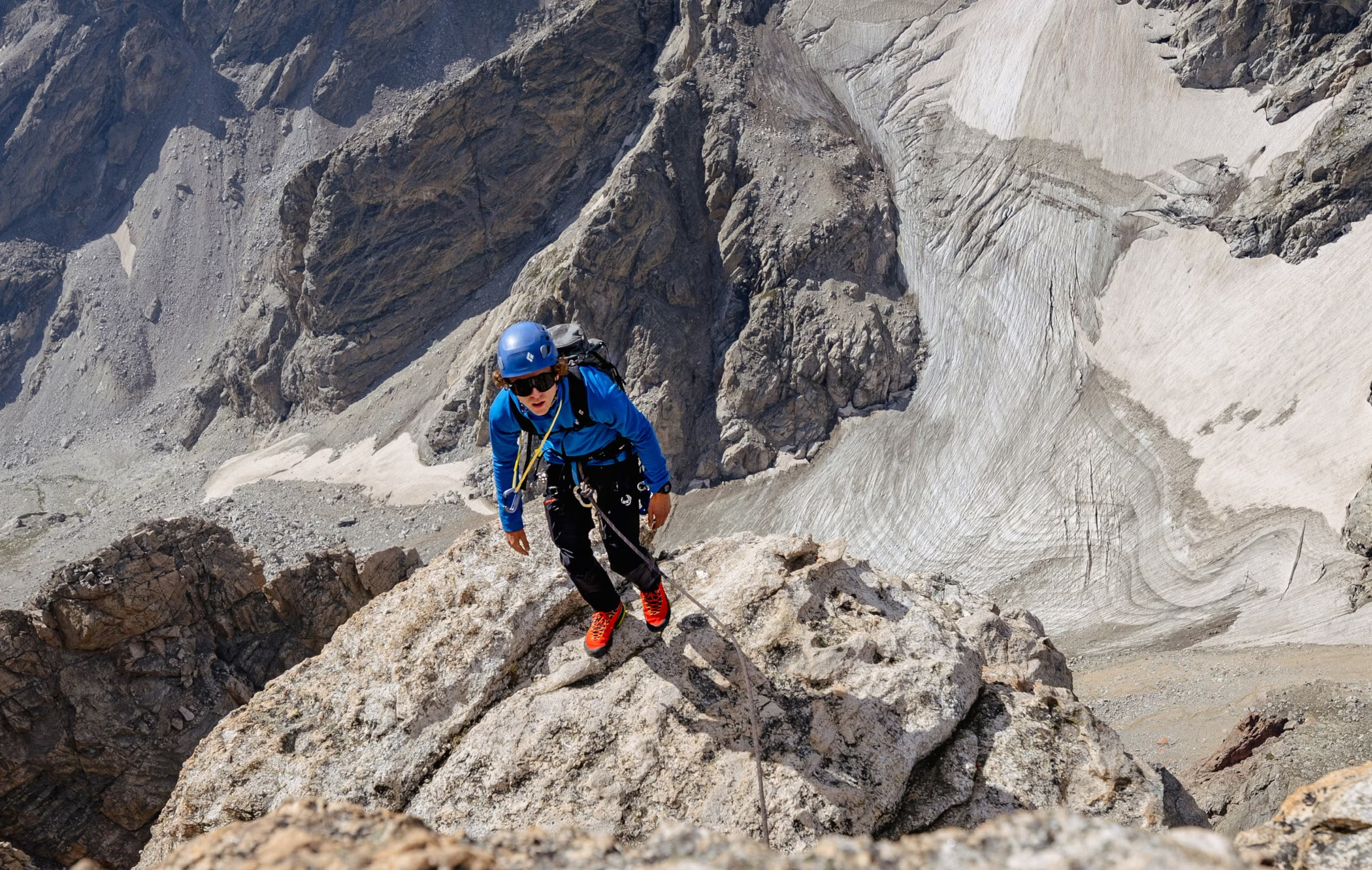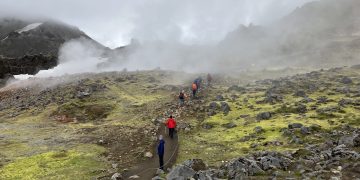When you think of conquering challenging trails—whether hiking rugged mountain paths, scaling steep cliff faces, or traversing dense, muddy woods—do you picture only the most seasoned athletes? It’s a natural assumption. After all, challenging trails often demand more than just basic outdoor knowledge—they require a combination of physical fitness, mental toughness, and technical skill. But does that mean you need specialized training to tackle these difficult terrains?
In this article, we’ll break down the essential factors involved in conquering challenging trails, explore whether special training is necessary, and offer practical advice on how to prepare yourself—whether you’re a novice adventurer or an experienced trail-seeker. Let’s dive in!
The Nature of Challenging Trails
Before considering any kind of special training, let’s define what we mean by “challenging trails.” These trails are usually characterized by:
- Steep Ascents/Descents: Trails that involve significant elevation gain or loss, requiring careful balance and stamina.
- Uneven Terrain: Trails with rocky, slippery, or loose surfaces that demand careful foot placement, agility, and coordination.
- Length and Endurance: Long-distance trails that push the limits of cardiovascular endurance, often lasting several hours or even days.
- Technical Aspects: Trails that require specific skills like rock climbing, navigating across unstable surfaces, or using special equipment (e.g., ropes, ice picks).
- Weather and Environmental Factors: Trails in extreme climates, whether scorching deserts or snowy mountain peaks, require a high level of adaptability to changing weather conditions.
Why These Trails Can Be Challenging
Challenging trails are typically not just physically demanding but mentally taxing as well. Here are some of the main hurdles you’ll encounter:
- Physical Strain: Uphill climbs, long stretches of rough terrain, and constantly changing landscapes all contribute to extreme physical strain. Whether it’s your legs burning from a steep incline or your lungs gasping for air, your body will be put to the test.
- Mental Toughness: Beyond physical endurance, the mental challenges of these trails are often more demanding than most people expect. Staying focused, maintaining a positive attitude, and pushing through fatigue can be some of the most difficult obstacles.
- Navigation: Challenging trails often don’t have clear markers, or they may traverse remote areas where GPS signals are unreliable. Finding the correct route becomes a skill in itself.
The Role of Special Training

Is Specialized Training Essential?
Now that we understand the nature of challenging trails, let’s answer the question at hand: Do you need special training?
The short answer is: It depends. It depends on the trail, your current physical condition, and your prior experience.
For beginners, the idea of “special training” might sound intimidating. However, in many cases, preparing for challenging trails doesn’t require elite-level fitness or professional training. With proper preparation, most people can tackle moderate to difficult trails. But certain types of trails do require specific skills or training, especially when you’re considering extreme hiking or mountaineering.
Physical Fitness: The Foundation of Trail Conquering
Regardless of the difficulty of the trail, one thing is certain: you need to be in good physical shape. The importance of general fitness cannot be overstated when preparing for challenging trails.
Endurance
The most common physical challenge hikers face is endurance. Long-distance trails (such as multi-day backpacking routes or long day hikes) demand stamina and cardiovascular health. Regular aerobic exercise—running, cycling, swimming, or brisk walking—can help build the stamina necessary for long treks.
- Training Tip: Focus on increasing the duration and intensity of your cardio workouts over time. Aim for at least 30 minutes of moderate to intense exercise 3–4 times a week.
Strength
Steep ascents, rocky paths, and rough terrain require strong legs and core muscles. Your legs need to support your body as you climb inclines, descend tricky terrain, and navigate rocks and roots. Having a solid core will help with balance and stability.
- Training Tip: Incorporate leg and core-strengthening exercises into your routine, such as squats, lunges, calf raises, and planks. Training with weights can also help build power and endurance.
Flexibility and Mobility
Flexibility may seem like a secondary concern, but it plays a crucial role in preventing injury and allowing for fluid movement across uneven terrain. Stretching and mobility exercises will help keep your muscles and joints flexible, reducing the risk of strains or sprains.
- Training Tip: Yoga, dynamic stretching, and foam rolling can improve flexibility, helping your body adjust to the unpredictability of difficult trails.
Technical Skills: A Must for Extreme Trails
Not all challenging trails are physically demanding in the same way. For example, rock climbing and technical mountaineering require specialized skills and knowledge. These activities go beyond basic fitness and require specific training in areas like:
- Rope Work: Knowing how to tie knots, belay, and rappel is essential for rock climbing and certain mountainous trails.
- Ice Climbing: Special techniques and equipment (like ice axes, crampons, and ropes) are necessary when traversing icy slopes.
- Navigation: Learning how to read topographic maps, use a compass, and navigate in remote or challenging environments is crucial for some trails.
- Survival Skills: In extreme conditions, knowledge of how to survive in the wilderness (building shelter, sourcing water, starting a fire) could mean the difference between success and failure.
For trails that demand these technical skills, specialized training is essential, and it’s not something you can master just by walking on less challenging paths.
Mental Toughness and Resilience

The mental aspect of conquering challenging trails is often overlooked, but it is a crucial component of success. Overcoming fatigue, staying focused when you feel lost, or maintaining optimism when faced with challenging conditions requires mental strength.
Visualization and Mindfulness
Techniques like mindfulness meditation and mental visualization are often used by athletes and adventurers to improve focus and mental resilience. Training your mind to stay calm in stressful situations can be just as important as physical training.
- Training Tip: Practice mindfulness and visualization techniques to prepare for the mental hurdles of long, exhausting hikes. Envision overcoming difficult obstacles and maintaining a steady mindset in challenging conditions.
Building Confidence
If you’re new to challenging trails, building confidence through experience is vital. Start with moderate trails and gradually increase the difficulty as your skills and fitness improve. Confidence is key when facing new obstacles, and starting with smaller goals allows you to build it step by step.
Preparing for Your First Challenging Trail
Whether you’re a seasoned hiker or someone looking to conquer your first challenging trail, preparation is key to success. Here’s a breakdown of the steps to take before hitting the trail:
1. Choose the Right Trail
If you’re new to challenging trails, don’t start with something too extreme. Choose a trail that fits your fitness level and gradually build up your experience. Research the difficulty, length, and terrain of the trail.
2. Physical Preparation
Follow a fitness regimen that includes cardiovascular, strength, and flexibility training. Don’t forget to practice hiking itself—spend time walking with a backpack on varied terrain to mimic real-world conditions.
3. Equip Yourself
Make sure you have the right gear for the trail you’ll be attempting. This includes appropriate footwear (sturdy hiking boots or trail runners), clothing layers for weather conditions, and necessary tools like trekking poles, hydration systems, and a map.
4. Mental Preparation
Visualize overcoming tough situations on the trail and cultivate a positive mindset. Build your mental toughness through small challenges and practice staying calm under pressure.
5. Learn Basic First Aid and Survival Skills
It’s always better to be prepared for emergencies. Take a basic first aid course and familiarize yourself with survival techniques.
Conclusion
While special training may not always be necessary to conquer a challenging trail, physical preparation, mental toughness, and the right technical skills are essential for success. If you’re aiming for a trail that pushes your limits—whether in endurance, skill, or difficulty—it’s important to invest time in building your fitness, learning new techniques, and preparing yourself mentally for the challenge.
Whether you’re hiking through rugged mountains, tackling technical rock climbs, or pushing through a grueling endurance challenge, remember that conquering a trail isn’t just about physical strength. It’s about the confidence you build, the lessons you learn, and the joy of overcoming obstacles—both external and internal. So, gear up, get fit, and get ready to hit the trails!























